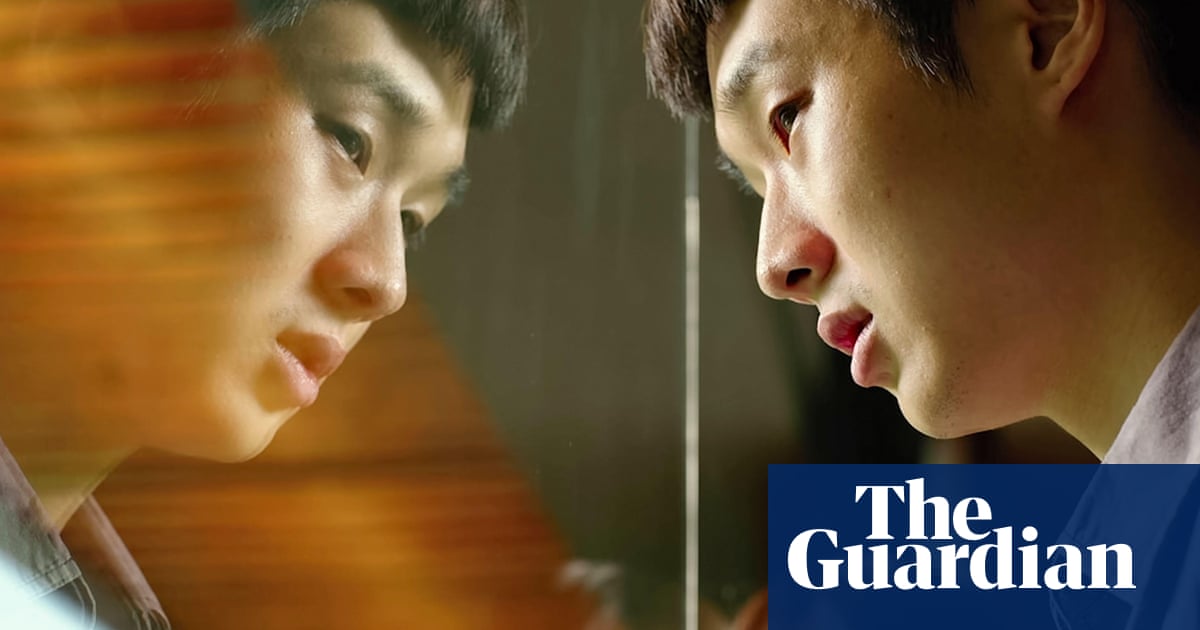When Parasite made history by winning best picture at the Oscars in 2019 as the first non-English language film to do so, it was a significant moment for Korean cinema.
However, the increased interest in Korean cinema following director Bong Joon-ho’s international success has not led to a thriving local film industry, according to another prominent figure in the industry.
Director Jang Joon-hwan mentioned that K-cinema is facing challenges with the rise of streaming platforms like Netflix, leading to movies being quickly released on these platforms and a decline in box office ticket sales as a result.
Jang, known for his cult sci-fi comedy Save the Green Planet from 2004 which is being remade by director Yorgos Lanthimos, expressed concerns about the current state of Korean cinema, noting that Korean viewers are increasingly opting to wait for films to be available on streaming platforms rather than going to the cinema.
He stated, “I hope for a day when Korean films can reach wider audiences and be enjoyed together, but as a Korean film director in Korea, it is a very challenging time with the rise of Netflix and other streaming platforms. The number of cinemagoers has significantly decreased post-pandemic, leading to a drop in investment and fewer Korean films being produced.”
Despite these challenges, Jang acknowledged that platforms like Netflix have introduced Korean content to new international fans, citing the success of shows like Squid Game.
During the British Film Institute’s Korean film festival, Jang emphasized that while many people were introduced to Korean cinema through Parasite, the global recognition of Korean films has been a gradual long-term process since the 1990s, rather than an explosive phenomenon.
He expressed hope that international audiences would explore low-budget, independent Korean films created by the new generation of Korean filmmakers, such as those by Kim Ki-duk and Hong Sang-soo.
Regarding the English-language remake of Save the Green Planet, titled Bugonia, Jang was originally set to direct but had to step back due to health reasons. He expressed delight that Yorgos Lanthimos took over as director, praising his unique style and expressing curiosity about his interpretation of the film.
The remake, currently in post-production and set to premiere in the US in November 2025, features changes such as a gender swap for one of the protagonists, now a powerful female pharmaceutical executive portrayed by Emma Stone. Jang highlighted this alteration as a way to intensify conflict and drama in the story.
Producer Ari Aster has mentioned that the reboot of the film addresses important sociocultural themes in American society today, particularly the proliferation of conspiracy theories.
Jang commented, “I’ve heard that many Americans strongly believe in conspiracy theories and immerse themselves in online content, including young people. Many in American society reportedly resemble the character of Byeong-gu from the film.”
The original film follows the story of Lee Byeong-gu, who, due to his troubled past, becomes convinced that aliens are planning to attack Earth and that he must stop them. Jang drew inspiration from an early online rumor after the release of Titanic, which claimed that Leonardo DiCaprio was an alien seeking to conquer Earth.
Reflecting on the enduring relevance of these themes over 20 years after making the film, Jang expressed a mix of sadness and concern about the persistence of violence, war, and environmental challenges, as well as the fragility of the human mind.
